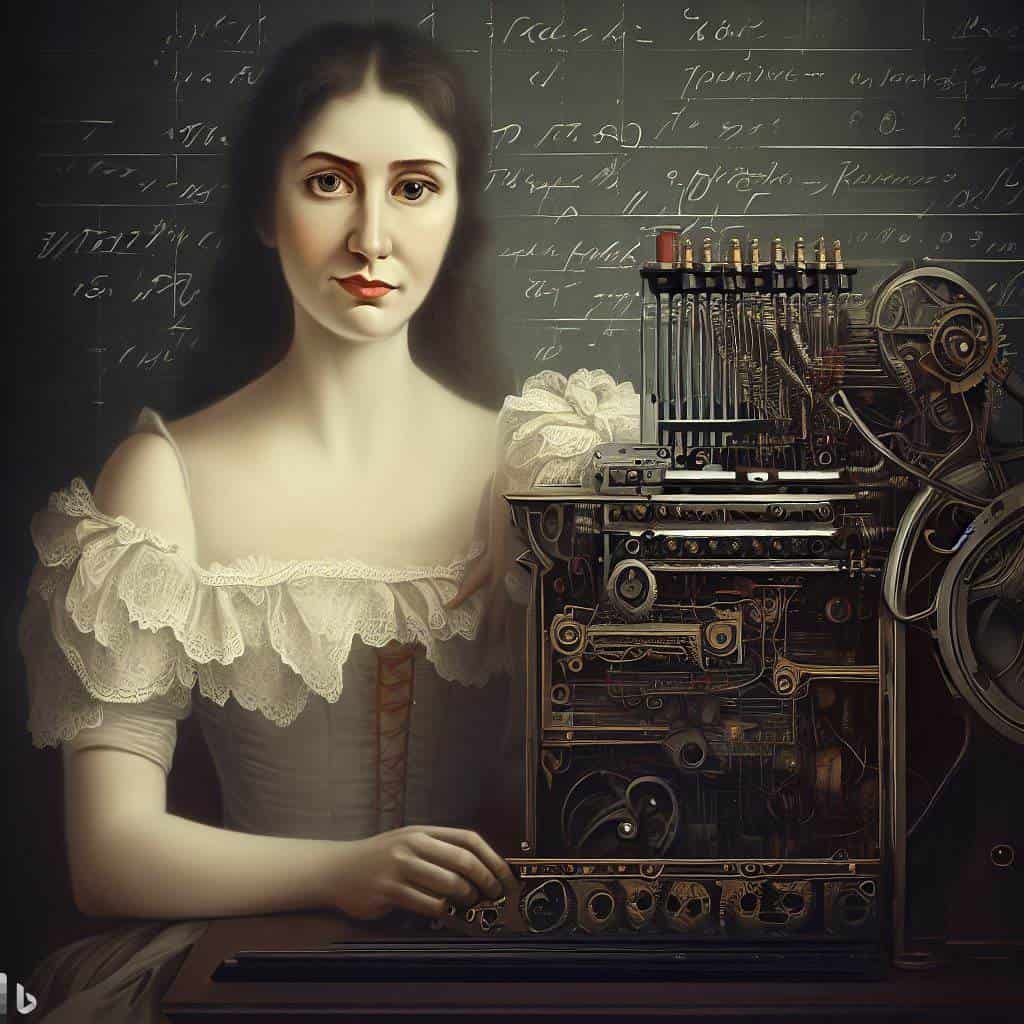Ada Lovelace: The First Computer Programmer
Ada Lovelace was a British mathematician and writer who is widely regarded as the world’s first computer programmer. She is best known for her work on Charles Babbage’s Analytical Engine, an early mechanical general-purpose computer.
Born in London in 1815, Lovelace was the daughter of the poet Lord Byron and the mathematician Annabella Milbanke. Lovelace was educated in mathematics and science from a young age and showed a remarkable talent for mathematics.
In 1833, Lovelace met Charles Babbage, who was working on the design of the Analytical Engine, a mechanical computer that could perform any calculation that could be done by hand. Lovelace became fascinated with the machine and began working with Babbage to develop programs that could be run on the Analytical Engine.
Lovelace’s most famous contribution to computing is a set of notes she wrote in 1843, which included what is now considered to be the first computer program. Her program was designed to calculate Bernoulli numbers using the Analytical Engine, and she recognized the potential of the machine to perform many other tasks beyond simple number-crunching.
Despite her groundbreaking work, Lovelace’s contributions to computing were largely forgotten for many years after her death in 1852. It wasn’t until the mid-20th century that her work was rediscovered and her legacy as a pioneer of computing was recognized.
Today, Lovelace is celebrated as a visionary thinker and a trailblazer for women in science and technology. Her work on the Analytical Engine laid the foundation for the development of modern computers and her vision for the future of computing was ahead of its time.
In recognition of her contributions to computing, the Ada programming language was named after Lovelace. The Ada Lovelace Day, celebrated annually on the second Tuesday of October, is dedicated to celebrating the achievements of women in science, technology, engineering, and mathematics (STEM).
The life and work of Ada Lovelace serve as a reminder of the power of human ingenuity and the importance of promoting diversity and inclusivity in the fields of science and technology. Her legacy continues to inspire generations of scientists and researchers to this day.

